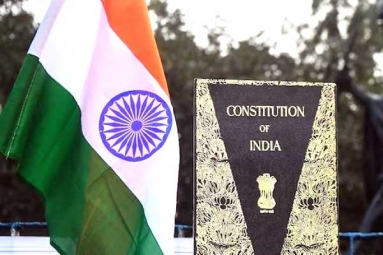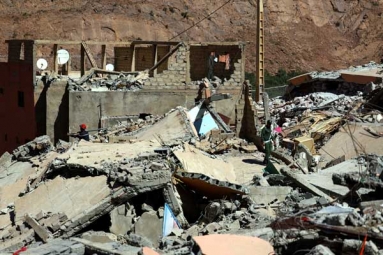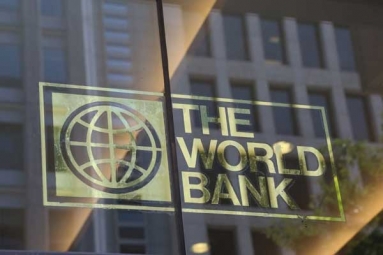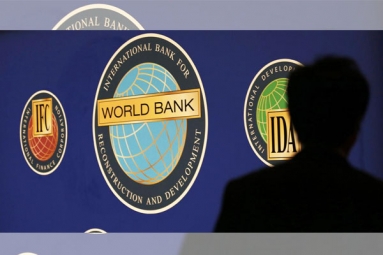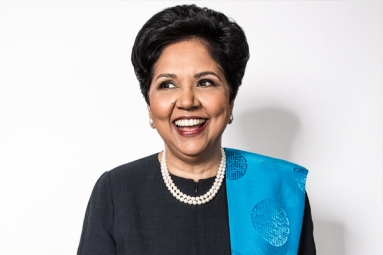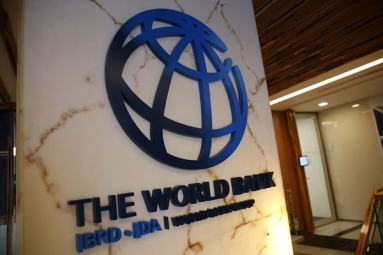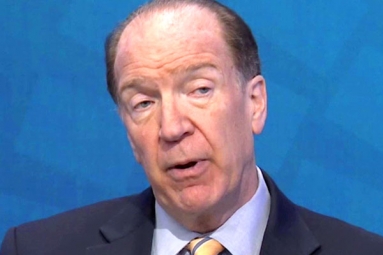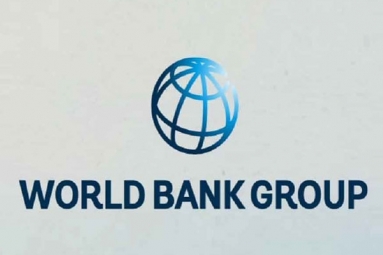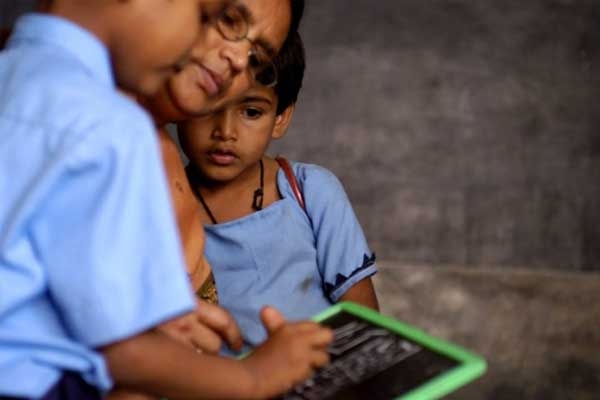
(Image source from: Healthy And Fine)
The government of India has rejected a report by World Bank that say Indians born today are likely to be just 44 percent as productive when compared to other Asian countries.
In its Human Capital Index Report, which was released October 11, the World Bank said that due to poor investment in human capital, the productivity of India's future workforce has fallen, and India’s human capital productivity will be half of what Singapore's workforce will achieve.
Among the 157 countries surveyed, India was ranked 115, which is much lower than other Asian countries like 46th ranked China, Malaysia (55), and Indonesia (87). Rank wise the top three countries were all Asian- Singapore, Japan, and Hong Kong- in that order followed by Finland.
According to the report, India is trailing its immediate neighbors with Myanmar ranked at 107, Bangladesh at 106, Nepal at 102 and India's southern neighbor Sri Lanka is ranked way ahead at 72.
The report as well said that against a mandated 14 years of schooling, an average Indian boy or girl studies for only 10.2 years in school, explaining why India's workforce productivity is so low and are paid much less than else countries. The report states that for every additional year of schooling, a person's pay rises 8 percent and when that is matched to the number of years an Indian spends in school, they are earning at least 30.4 percent less than they should. India's neighboring countries have better schooling rates- Bangladesh (11 years), Nepal (11.7 years), and Sri Lanka (13 years).
The World Bank said that only 83 percent of all 15-year-old's in India will go on to live until age 60. As far as health parameters are concerned, 62 out of 100 children are not stunted, putting 38 percent of kids at the risk of cognitive and physical limitations that can last a lifetime, according to the report.
The Indian government, rejecting the findings said in a statement: "There are major methodological weaknesses, besides substantial data gaps. For instance, for the schooling parameter, though quantity is assessed using enrolment rates reported by UNESCO (United Nations Educational, Scientific and Cultural Organization), quality is gauged using harmonized test scores from major international student achievement testing programs."
"For India, the data for quality of education pertains to 2009 assessment by PISA, which was conducted for only two states, namely Himachal Pradesh and Tamil Nadu. The methodology for harmonization is hugely suspect, the data quite dated and, consequently, the results quite non-comparable," the government added in its statement.
-Sowmya Sangam



